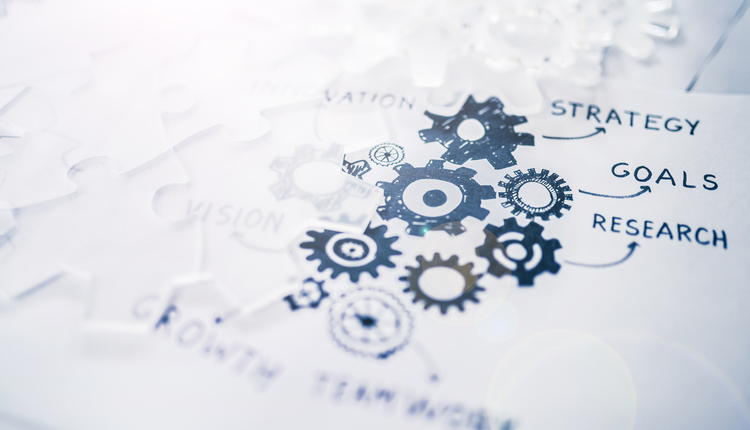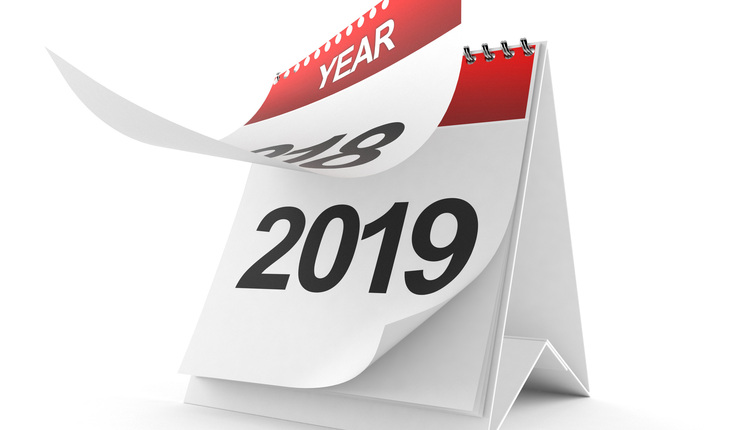
I started my company 17 years ago. I was the typical solopreneur who did all the things. I taught the classes, handled customer service, marketing, you name it. That lasted until it became too much, too full and I felt the pull of not enough hours. So, I hired my first employee. And then another. Until here we are, almost two decades later, and I have nearly 100 employees. And I realize that no one really taught me that there are different stages in business; each of which needs its own strategy.
Stage 1: Start Up - You are officially in business. You have set up your name, opened the bank account and set up your website. The business is pretty simple. It’s probably just you. It’s a really exciting time, but filled with real challenges. No one knows who you are, and unless you are pre-funded (which most of us aren’t), you have no cash to adequately market your business so you rely on word of mouth and social media. Your priorities in this stage are to establish your client base and to get the word out, all while protecting your cash flow. You are probably not turning a profit. At this stage you need to create a business plan, even if just for yourself. Know your target customer, how you will reach them and set targets for your business. A piece of advice is to double your expenses and halve your revenue as that is most likely what reality will look like. Think about what challenges and obstacles will get in your way (because they will) and how you plan to get around them.
Stage 2: Growth - Revenue and customers are increasing, but it still feels like a game of survival. Excitement is often overshadowed with overwhelm, and with servicing more customers, you have less time for other parts of the business. This is the stage where there is a constant battle for time and you realize you need to delegate. You are spending too much time on things you know you aren’t strong at but still need to get done. Determine what you aren’t good at and what you don’t like to do and make those tasks the responsibilities of your first hire. For many, that may be a bookkeeper, followed by an assistant. For you, it could be social media or marketing. To get to the next stage, continue to grow yourself as a leader.
Stage 3: Established - You now have a small team and a loyal customer base. Be careful not to rest on your laurels. A good business continues to innovate and raise the level of service. With less chaos, this is a great time to create repeatable processes for all parts of your business. You do not want to depend on any one person. Challenges in this stage include the evolution in your customers’ needs and facing competition. How will you differentiate? It’s very important that you nurture your culture and focus on teamwork. Many business owners get stuck here. This is a stage where you may want to bring on people who know more than you do to take the company to the next level.
Stage 4: New Lifecycle - This stage is where new products or distribution channels come out of your business. You figure out new ways to serve your current customers or new ways to reach future customers. The challenges here resemble your start-up stage: money and research. You may not have the funding to launch new products and you might not have the plan for how to execute. Very often, this is a time for raising money to take your business to the next level.
There are many versions of the stages of business. Names and levels may differ slightly, but it all boils down to this:
- Customers - Do you know how to get customers? Will they buy your product? What is the value of the customer to you?
- Cash - Do you have the cash to acquire the customer? Do you have the cash to sustain the stages of business? Do you have the cash you need for yourself?
- Delegation - Do you know what needs to be done by you versus by other team members? Do you know how to find great people to carry out your vision?
I always thought of my business as so unique, but in truth, the stages of business are very much the same across all business types. I find that knowing the stages has helped me anticipate coming challenges and plan for better strategies. The goal is to focus on the right things at the right time.
















